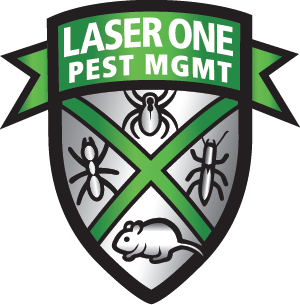As an exterminator, I know that spring is the time of year when many pests begin to become active again after a long winter. In Kansas, there are a few pests that you need to be ready for and take action to prevent infestations. In this blog, I will explain what pests to look out for and what you can do to keep them at bay.
First, one of the most common pests to be aware of in the spring in Kansas is ants. Carpenter ants and pavement ants are both active during the spring and can cause significant damage to the structure of your home. They can also be difficult to get rid of once they have established a colony. To prevent ants from infesting your home, it’s important to keep the area clean and free of food crumbs, seal any cracks and crevices, and eliminate any sources of moisture.
Another pest to be ready for in the spring in Kansas is termites. These pests are notorious for causing damage to the structure of homes and can be difficult to detect until the damage is severe. To prevent termites from infesting your home, it’s important to have regular inspections and to eliminate any sources of moisture.
In addition, spring is the time when many species of spiders become active again. Spiders can be a nuisance and can be harmful to humans and pets. To prevent spiders from infesting your home, it’s important to keep the area clean and free of clutter, seal any cracks and crevices, and eliminate any sources of food.
Finally, spring is also the time when many species of mosquitoes become active again. Mosquitoes can carry diseases such as West Nile virus and can be a nuisance. To prevent mosquitoes from infesting your home, it’s important to eliminate any sources of standing water, use mosquito repellents and use screens on windows and doors.
In conclusion, spring is the time when many pests become active again in Kansas. By being aware of the common pests and taking action to prevent infestations, you can protect your home and family from the damage and health risks that these pests can cause. Don’t hesitate to call us if you suspect that you have a pest problem.

